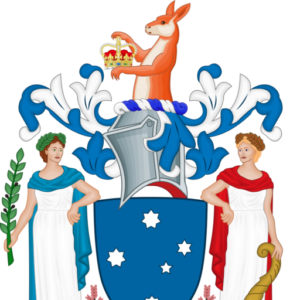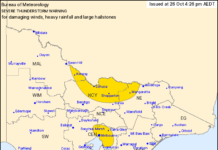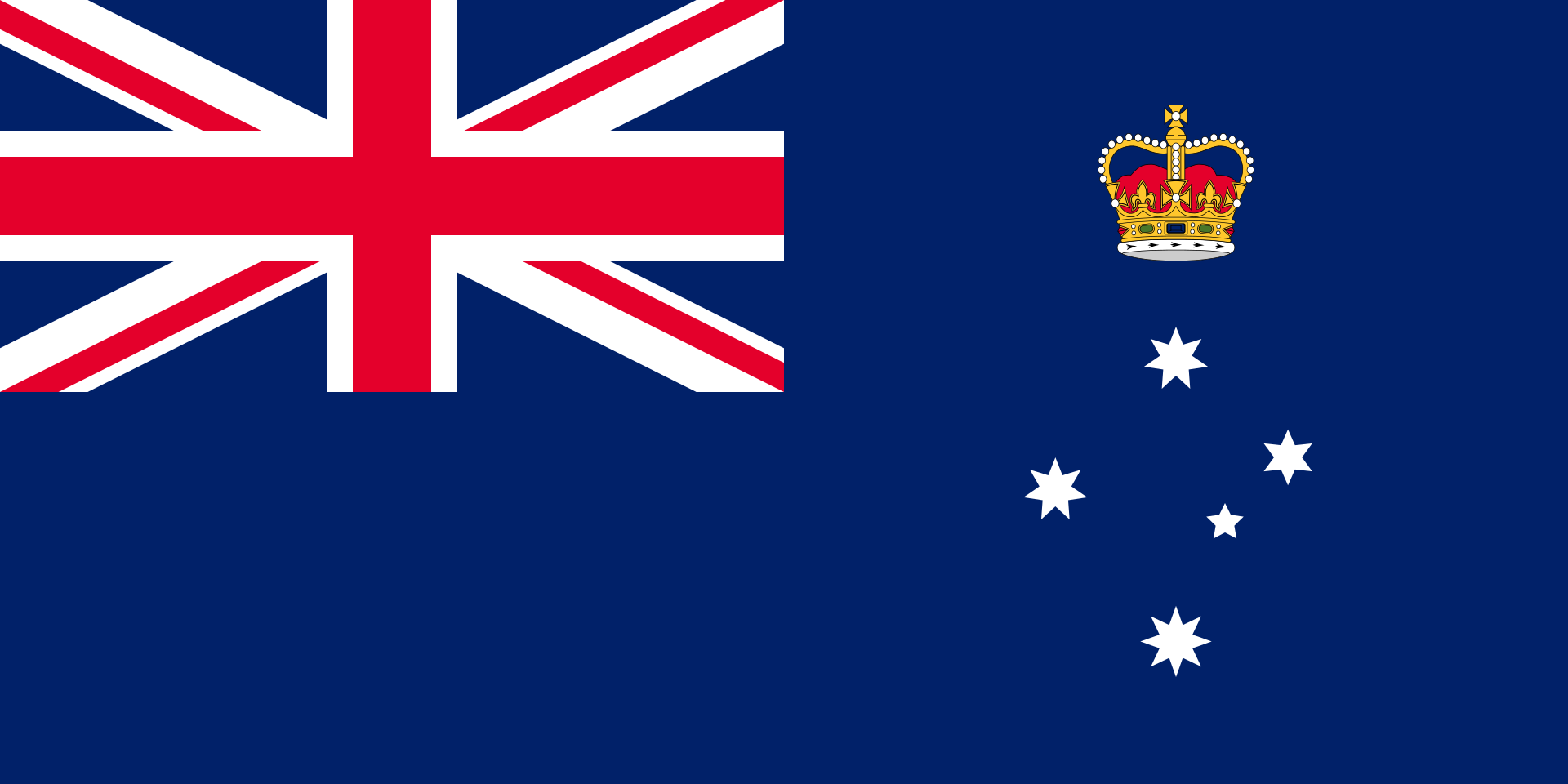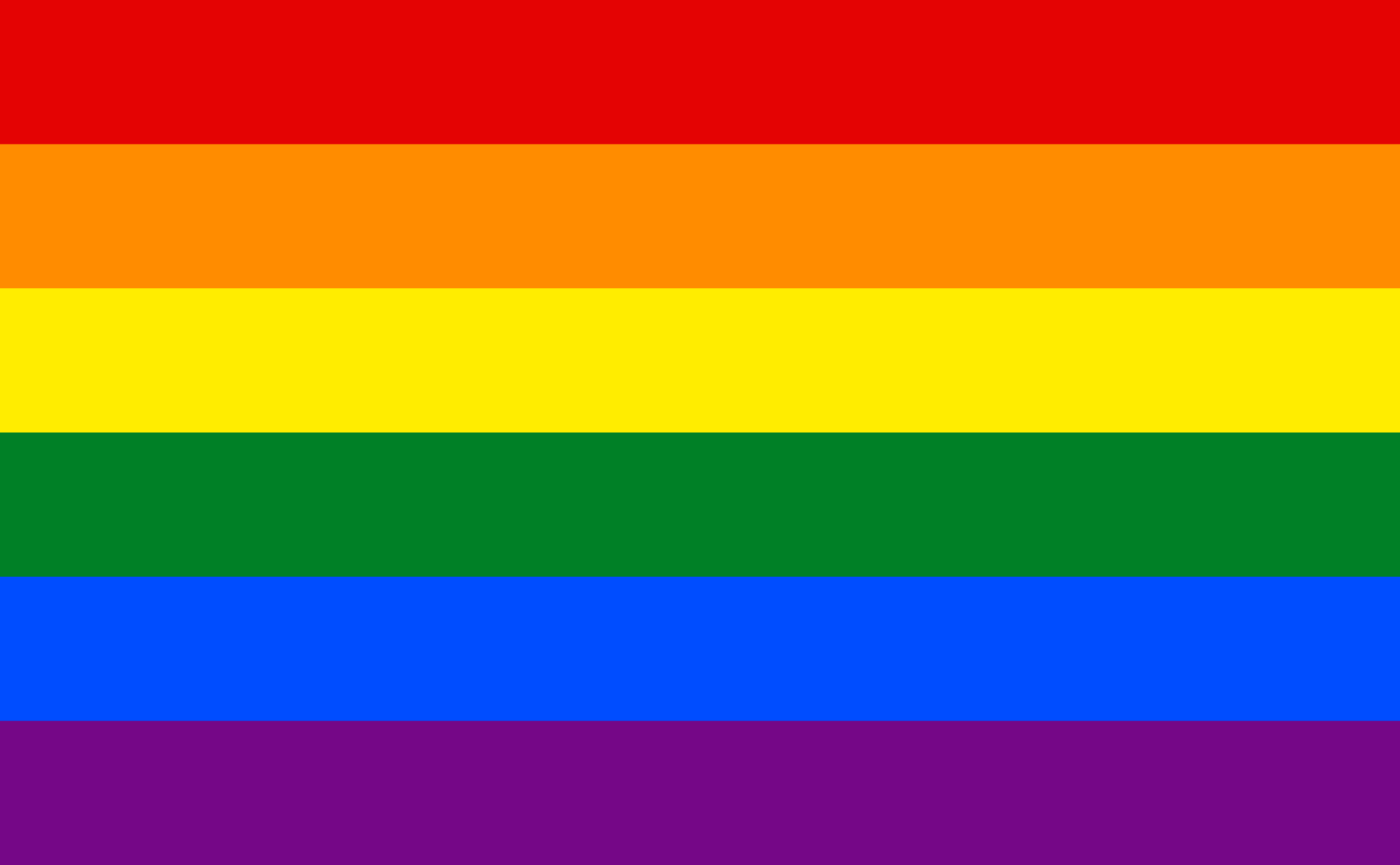BY MELISSA MEEHANFOR for AAP
The pedophile priest, Gerald Risdale, convicted of abusing more than 70 children over three decades died on Tuesday morning in prison. He was 90.
Australia’s worst (known) pedophile, Risdale’s appalling history of child abuse began in 1961 – the year he was ordained as a priest.
He spent the next three decades abusing dozens of children across regional Victoria, often using his privileged status as a priest to earn the trust of his victims and their families.
Ridsdale had been in prison since 1994 for the abuse of more than 70 children in Victoria.
He was also accused of abusing children in NSW and the US, where he underwent church-connected sex offender treatment.
He was later charged with multiple other offences stemming from Sano Taskforce investigations, set up by Victoria Police to investigate historical and new allegations of child sexual abuse involving religious and non-government organisations.
Those numerous charges and court appearances garnered him the moniker of Australia’s worst pedophile priest.
At Ridsdale’s 1994 plea hearing, witnesses told how he was moved from one parish to another when claims of abuse were raised.
The 2017 Royal Commission into Institutional Responses to Child Sexual Abuse found those claims were true and confirmed that those high up in the church had made decisions to shift Ridsdale to other parishes following allegations of child abuse to avoid scandal.
It found that the Diocese of Ballarat had known of Ridsdale’s proclivities since the 1960s and there was no question that by 1982 then-bishop of Ballarat Ronald Mulkearns knew of Ridsdale’s offending.
He admitted to another eight sexual assault charges against children as recently as August last year.
Ridsdale, who was born in Ballarat, appeared frail during his last court appearance and had been excused from attending his most recent mentions.
During the last hearing he attended, the court was told Ridsdale was in chronic pain and was likely to go into palliative care.
He was not asked to speak during the hearing except for his plea, to which he replied “I’m guilty”.
He had been too unwell to attend previous hearings for offences in the regional Victorian towns of Inglewood, Ballarat, Apollo Bay, Horsham and Mortlake between 1973 and 1981.
Ridsdale was serving a maximum of 40 years in prison after previously pleading guilty to sexually abusing at least 72 children during the 1970s and 1980s while working as a Catholic priest at multiple schools and churches across Victoria.
He had a fall in November 2022 and was bedridden, suffering chronic pain, muscle wasting and weak limbs.
He spent the next three decades abusing dozens of children across regional Victoria, often using his privileged status as a priest to earn the trust of his victims and their families.























![b0b2a5e1-7d47-4457-bb24-e2e288d4bac1[1]](https://www.victoriannews.com.au/wp-content/uploads/2025/02/b0b2a5e1-7d47-4457-bb24-e2e288d4bac11.jpg)






Religious institutions make horrendous examples of compassion and charity when they enable child abuse. Christ practiced and preached the opposite of what enables horrible acts to occur on this planet. Sadly, sometimes those terrible acts are allowed to remain a buried secret. …
If early-life abuse, sexual or otherwise, goes prolongedly unchecked it readily causes the young child’s brain to improperly develop. It can readily be the starting point of a life in which the brain uncontrollably releases potentially damaging levels of inflammatory stress hormones and chemicals, even in otherwise non-stressful daily routines.
It can amount to non-physical-impact brain-damage abuse: It has been described as an emotionally tumultuous daily existence, indeed a continuous discomforting anticipation of ‘the other shoe dropping’; for others, it also includes being simultaneously scared of how badly they will deal with the upsetting event, which usually never transpires.
The lasting emotional/psychological pain throughout one’s life from such trauma is very formidable yet invisibly confined to inside one’s head, solitarily suffered. And it can easily make every day a mental ordeal, unless the turmoil is prescription and/or illicitly medicated.
As a moral rule, a mentally as well as physically sound future should be every child’s fundamental right — along with air, water, food and shelter — especially considering the very troubled world into which they never asked to enter.
The wellbeing of all children needs to be of real importance to everyone — and not just concern over what other parents’ children might or will cost us as future criminals or costly cases of government care, etcetera.
Therefore, the wellbeing of all children needs to be of great importance to us all, regardless of whether we’re doing a great job with our own children. Mindlessly ‘minding our own business’ often proves humanly devastating. Yet, largely owing to the Only If It’s In My Own Back Yard mindset, the prevailing collective attitude (implicit or subconscious) basically follows: ‘Why should I care — my kids are alright?’ or (the even more self-serving) ‘What’s in it for me as a taxpayer?’
.
“It has been said that if child abuse and neglect were to disappear today, the Diagnostic and Statistical Manual would shrink to the size of a pamphlet in two generations, and the prisons would empty. Or, as Bernie Siegel, MD, puts it, quite simply, after half a century of practicing medicine, ‘I have become convinced that our number-one public health problem is our childhood’.”
—Childhood Disrupted, pg.228
Comments are closed.